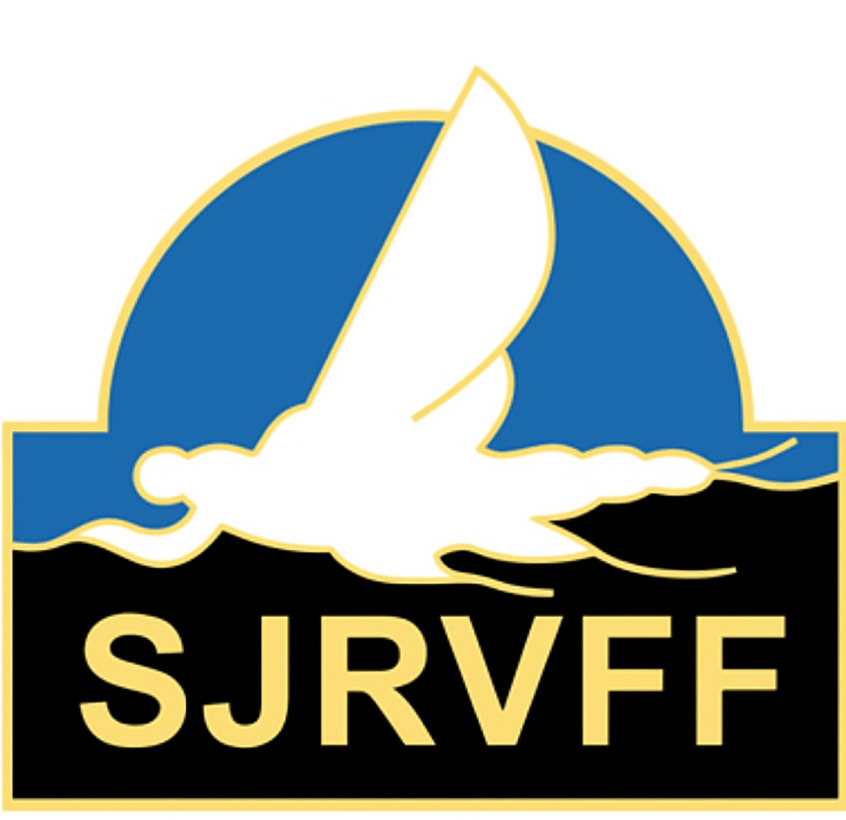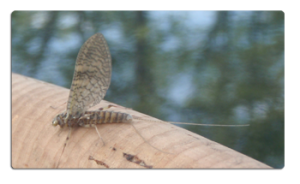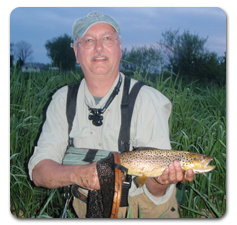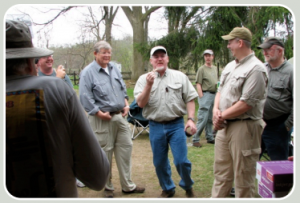So you want to learn to catch trout on small streams – now is your chance to learn from some of the best in SJRVFF.
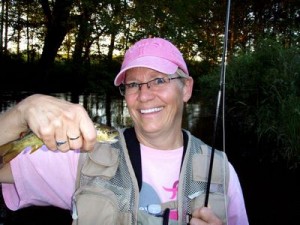 Trout 101 classes will be held June 4th and 5th – this is Saturday and Sunday. The class will be limited to 12 students and will cost $50.00/ea. We will hold a classroom educational seminar on June 4th, Saturday, from 10:00am to noon. The class will be held at the small cabin at the Elkhart Conservation Club off Sheridan Street in Elkhart. We will provide lunch after the class and have an on-stream seminar before fishing.
Trout 101 classes will be held June 4th and 5th – this is Saturday and Sunday. The class will be limited to 12 students and will cost $50.00/ea. We will hold a classroom educational seminar on June 4th, Saturday, from 10:00am to noon. The class will be held at the small cabin at the Elkhart Conservation Club off Sheridan Street in Elkhart. We will provide lunch after the class and have an on-stream seminar before fishing.
Later that evening we will take half the class to the Dowagiac Creek and the other half to the Little Elkhart waters. You will need both a Michigan and Indiana license. On Sunday we will switch the students and the water for the final day of fishing. We will fish rain or shine.
Also included in the class are a dozen flies for the water.
You will need to bring all your fishing gear and waders. We will go over what you will use for this small stream fishing.
This class is for any level of experience. On the water two students will be paired with one guide for an on stream wade fishing experience. Since most hatches are in the evening fishing into the dark will be likely. A flash light or head lamp will be needed.
To sign up please contact Todd Ezzell – 574-522-0735
